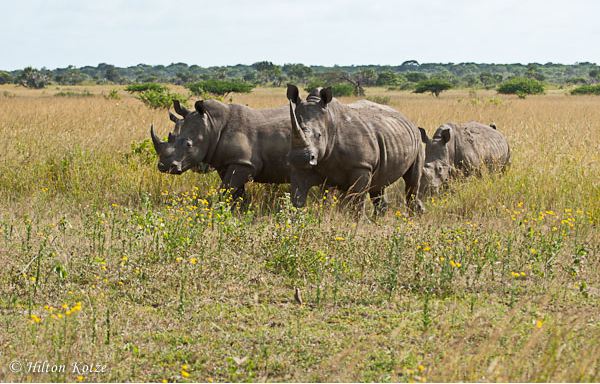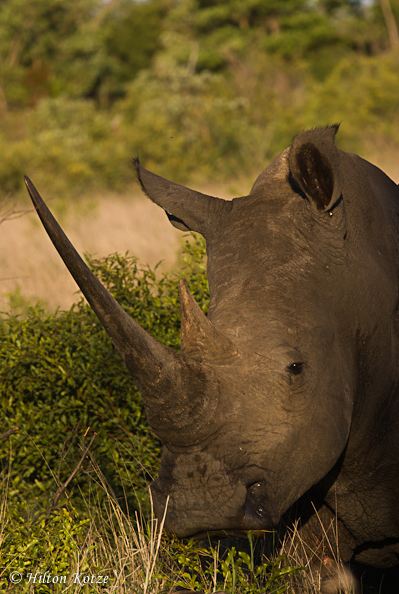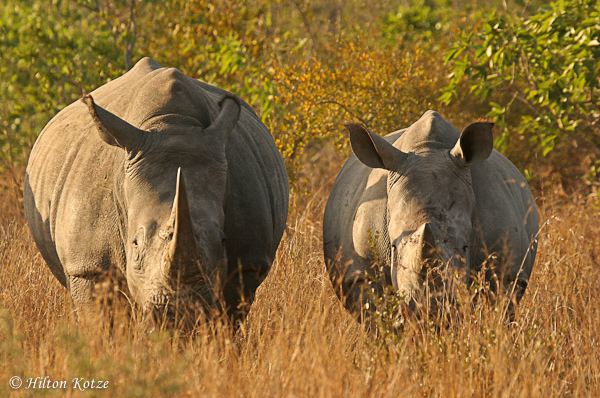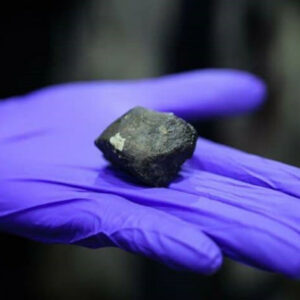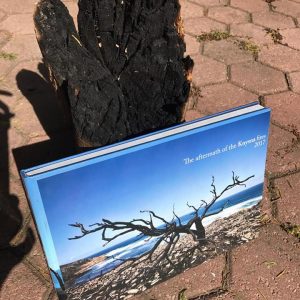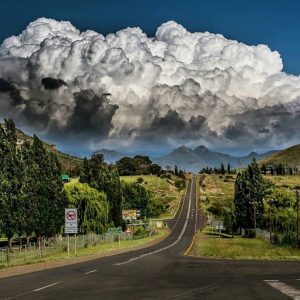Today is World Rhino Day – and we would like to support all those involved in the fight to save our rhinos! Rhinos are beautiful animals in need of our protection – and we would like to take this opportunity to share some info from the WWF and share a few photos from wildlife photographer Hilton Kotze.
To mark the second annual World Rhino Day, we’re joining people in rhinoceros range countries to say enough is enough – rampant illegal poaching is threatening the survival of several rhino species, and we’re supporting strong measures to halt it.
In South Africa, home to most of the world’s rhinos, officials have responded to the recent poaching crisis by increasing protection for the animals, and being stricter over prosecutions and sentencing for wildlife criminals.
But we need to see the same commitment from countries in Asia, where consumer demand for rhino horn (based on the mistaken rumour that it can cure cancer) is fuelling illegal trade and encouraging the poachers.
South Africa has lost at least 287 rhinos so far in 2011 alone, including 16 or more critically endangered black rhinos. Most of the poaching has been in the world famous Kruger National Park, but privately owned rhinos have been targeted too.
More than 165 people have been arrested this year, and some convicted poachers have received up to 12 years in prison.
WWF’s African rhino programme manager, Dr Joseph Okori, says: “South African authorities are taking rhino poaching very seriously and are beginning to dismantle the sophisticated criminal gangs behind the killings.
“Putting powerful kingpins behind bars for 10 or 20 years will send a strong message to others not to engage in criminal behaviour.”
South Africa will also host government delegations from Vietnam and China later this month to address growing demand for rhino horn in Asia, where it’s used in traditional medicine. A visit by South African officials to Vietnam was organised last year by TRAFFIC, the wildlife trade monitoring arm of WWF and IUCN (International Union for Conservation of Nature).
They’ll discuss methods for greater cooperation between Asian and African governments on law enforcement and during criminal investigations, in order to disrupt trade chains and bring wildlife criminals to justice. We want to see illegal markets for these products in Asia shut down for good.
As Dr Okori says: “Rangers are putting their lives on the line to protect these animals from poachers and traders who are motivated only by greed. We salute all those working tirelessly to secure a future for rhinos, and we call on government leaders in Vietnam and China to do their part.”

